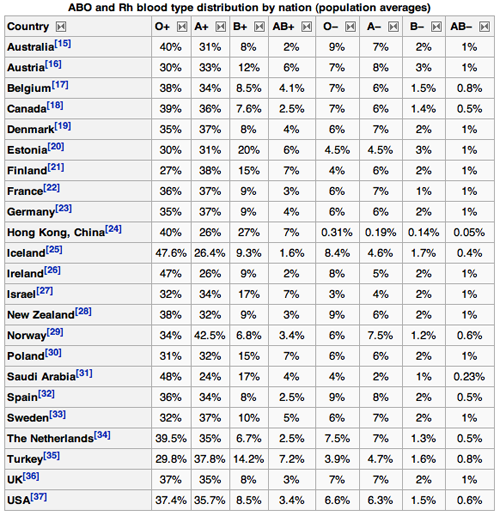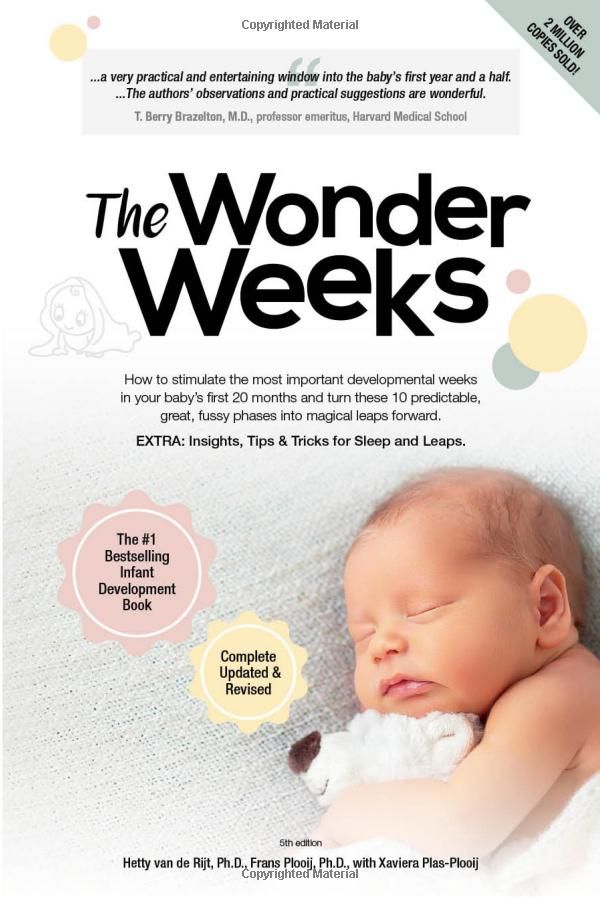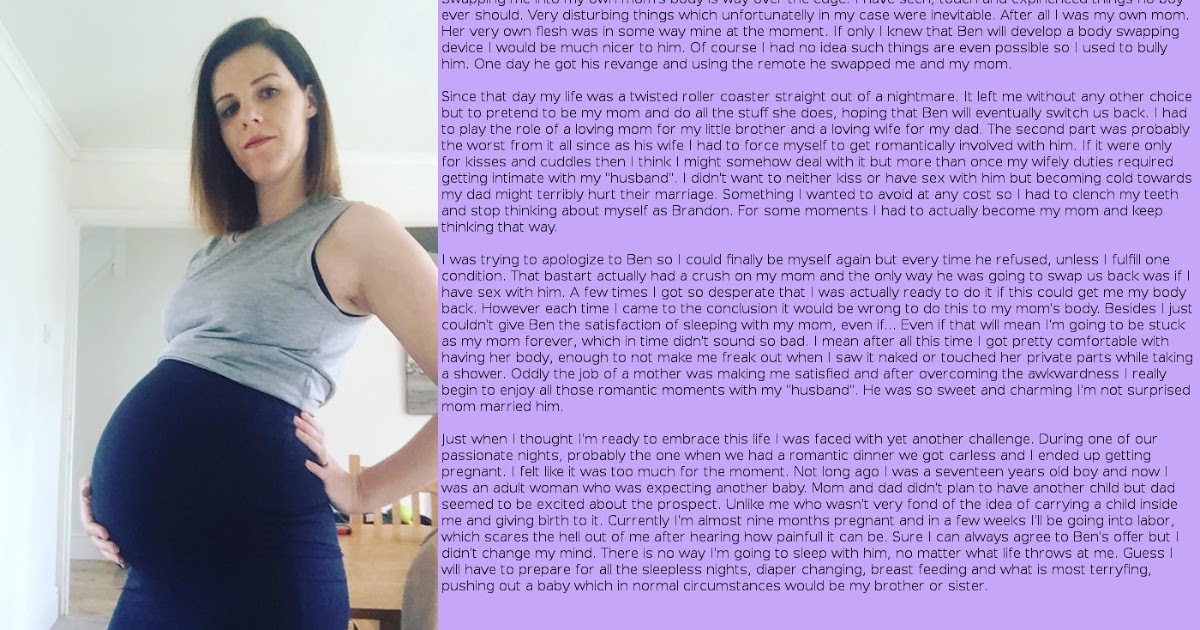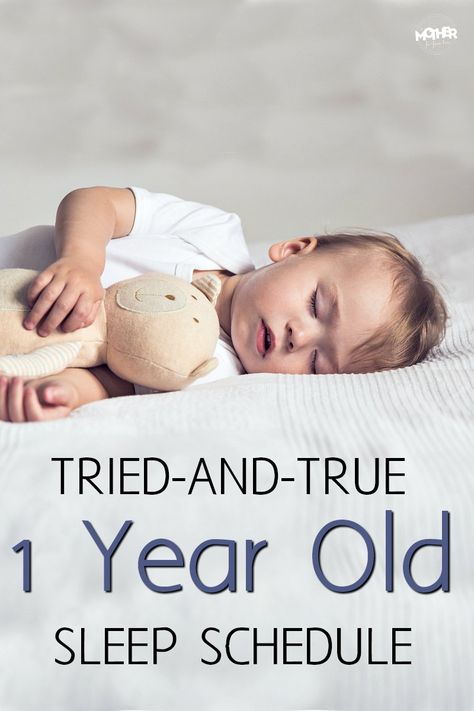How to give back a foster child
Can I Back Out of a Pending Foster Care Adoption?
One of the busiest shopping seasons of the year are the days leading up to Christmas. But the day after Christmas is also busy. Why? Because that is the day when people bring back items they bought before Christmas, seeking a refund. On occasion, foster/adopt parents are not satisfied with the child that was matched with them and want to back out, or “disrupt” their placement. This is understandable if things are not working out. However, foster children are not items you can just return for a refund at your local big box store.
Frustration and hopelessness are fully understandable when you are caring for a child who you are not fully prepared to care for. Guilt, embarrassment, and shame creep in. Self-doubt is not uncommon. Then, the questions from the community start and many preconceived ideas about adopted kids don’t help.
But consider this: every time a child disrupts from a foster home, he is set back six months emotionally. Children adopted from the foster care system have already undergone tremendous trauma, whether through abuse, neglect, or abandonment, these kiddos have seen much that even adults have not seen. When they move to a new home, their feelings of trauma start all over again. They go through feelings of being unwanted, unloved, and abandoned. Fighting through those feelings will take a resilient young person.
As the old saying goes, “An ounce of prevention is worth a pound of cure.” In other words, if you want to adopt a child out of foster care, you need to be prepared. What are some areas of unpreparedness? What are some of the reasons you may want to disrupt a pending foster care adoption? Keep reading:
– Unrealistic expectations. Somehow, you feel that the child presented in the cute little profile on that photolisting website was not quite the child that was placed with you. Or perhaps, you may feel there was not full disclosure doing the process, and the child has lots more special needs than you were prepared to handle.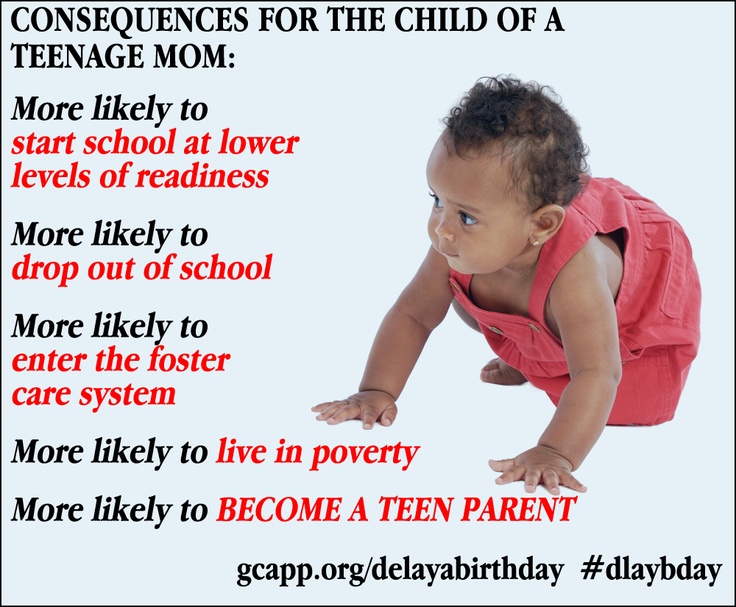 Or maybe you wanted to adopt a Lebron James and ended up with a Steve Urkel! Whatever the case, it is normal to feel betrayed. Bottom line: you may need to adjust your expectations.
Or maybe you wanted to adopt a Lebron James and ended up with a Steve Urkel! Whatever the case, it is normal to feel betrayed. Bottom line: you may need to adjust your expectations.
– Unprepared for little people with big feelings. Unusual behavior is a key element of many foster children’s lives. Meltdowns, temper tantrums, food hoarding, self-injurious behavior, lying, and stealing are all to be expected with adopted kids. And for older kids, sometimes it seems like the behaviors get worse the closer it gets to the adoption date. It almost seems like they are trying to sabotage the adoption! This is common for lots of foster kids about to be adopted. They don’t know what to expect after the adoption. Will my name change? Will I be treated differently? Will things get better or worse? The bottom line is that these kids have never known a life of stability and consistency and so they are entering the world of the unknown. That can be scary! Chaos and instability is their norm, while love and normalcy may be uncomfortable.
A second reason youth may resist adoption is because they have gone through many disruptions previously. They may be testing you to see if you will follow the same pattern of abandonment that everyone else has. In other words, they are thinking, “I am going to reject you before you reject me.” If you don’t reject that child, but accept him into your family, warts and all, you pass the test! But that will take time, patience, and a lot of broken items in your home before that happens.
– Unprepared for the disruption to your family dynamics. Remember what is was like when you got married? Remember the loss of your freedom? Remember the compromises you had to make in order to make your relationship work? What to eat. When to shower. Where to live. Whose family to see on the holidays? Compromise is necessary when adopting as well! Adding any child will change your family dynamics. How much more an adopted child from foster care! Counseling, special needs doctors, family visits, school meetings, court, team meetings… the list goes on and on! Of course, some of these items come to an end once adoption is finalized.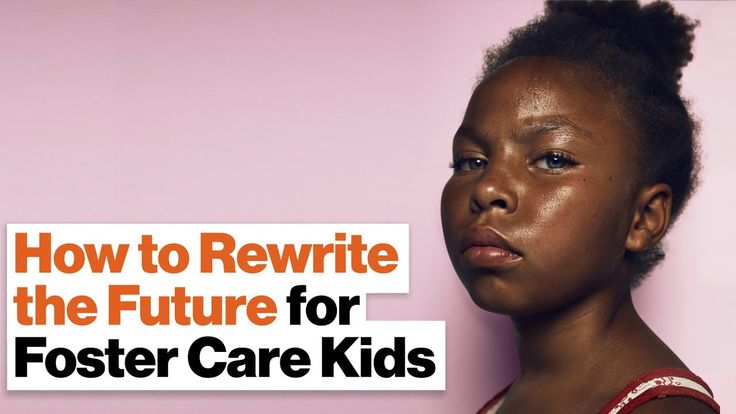 But some of these continue. Some families are not prepared for these changes.
But some of these continue. Some families are not prepared for these changes.
– Unprepared for the lifestyle changes. Remember what it was like when you were you had no children? Remember when you had your first child? Remember how many things had to change in your life in order to care for your little one: change in your sleep patterns, change in your work hours, change in your eating habits, or having to arrange babysitting. Many things had to change in order to accommodate your new bundle of joy! Was it worth it? Absolutely! Accommodating an adopted child is the same thing.
What to do before you disruptDeciding to disrupt is not one event, but a process. If you must move the child out of your home and if you must “back out” of your adoption, there is a right way and a wrong way to do it. Here are some “do’s and don’ts.”
– Speak to your caseworker. First of all, if you are considering disrupting your potential adoptive placement, communicate with your social worker. They may have insight from the file or previous placements that will shed light onto the child’s behaviors. Perhaps your caseworker can call a meeting or speak privately to the youth. The caseworker is the legal guardian, and therefore, they must make final decisions about final placement. Speak often and early about your misgivings. Silence will only sabotage your success.
They may have insight from the file or previous placements that will shed light onto the child’s behaviors. Perhaps your caseworker can call a meeting or speak privately to the youth. The caseworker is the legal guardian, and therefore, they must make final decisions about final placement. Speak often and early about your misgivings. Silence will only sabotage your success.
– Do not give ultimatums. Rest assured, when you say to a pre-adoptive youth, “If you do that one more time, you’re out of here!” the probability is, he will do that again! It seems like the youth is trying to sabotage the adoption. That is because the youth is entering into uncharted territory: permanency. He has never had that before. So, when you threaten him, you put him into his comfort zone. He is used to disappointing people. He is used to foster homes having “revolving doors.” So why would an adoptive home be any different? Your ultimatum doesn’t scare him! It emboldens him! It challenges him! He wants to see which promise you will keep: the promise of a “forever family” you gave six months ago or the ultimatum you just gave. Which will you choose?
Which will you choose?
– Keep confidentiality. Do not broadcast your frustrations on social media! Resist the urge to call mom and complain all about your little one. The worse thing you can do is to give every detail about the child. That would be a breach in confidentiality. Rather, speak to those people who already have knowledge of the child, like the caseworker or therapist. It is important to get your feelings out when you are frustrated, but keeping the child’s and the family’s confidentiality is important as well.
– Call for a Team Meeting. In Arizona these are called: child and family team meetings or CFT. This is a meeting for professionals that may comprise the following people: the caseworker, the child’s attorney, the therapist, the court-appointed special advocate, the foster/adopt parent, possibly the birth parents, and any other significant person in the child’s case. Calling this meeting prior to a disruption may be beneficial to preventing yet another move in this child’s life.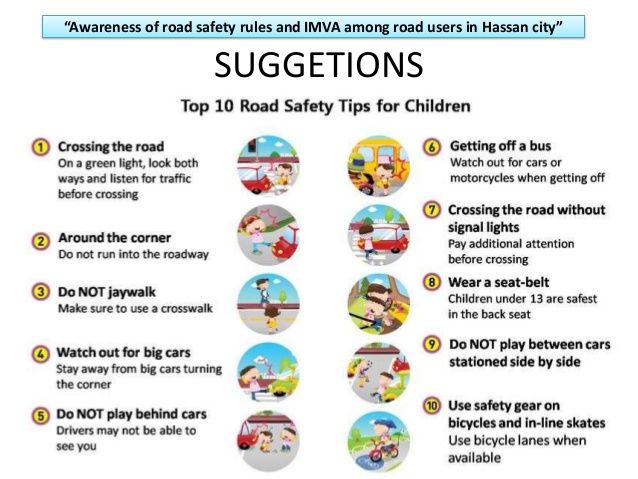 They may be able to come up with a solution you haven’t thought of. And if preserving the placement is not a possibility, they may be able to may the transition to another placement as smooth as possible.
They may be able to come up with a solution you haven’t thought of. And if preserving the placement is not a possibility, they may be able to may the transition to another placement as smooth as possible.
Disruptions can be emotionally exhausting! Perhaps it was a poor match. Perhaps your family was not prepared. Perhaps it was a bad time for your family. But that doesn’t mean you can’t try again, this time with more experience going in. Here’s what you should do the next time you want to adopt a child from foster care.
– Research the child file. Ask your social worker for the child’s file. In most states, prospective adoptive parents will have access to this. In it, you can find the original reason for Child Protective Services custody, family history, placement history, medical history, school history, behavioral health history, etc. This will give you a better picture of what to expect.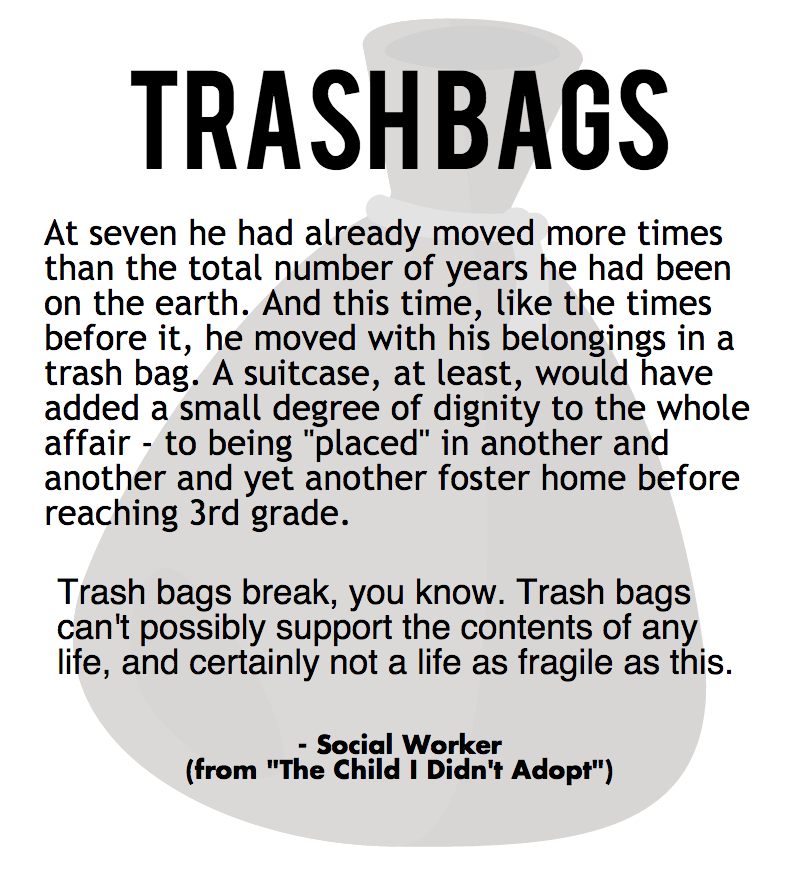
– Make a slow transition. Once you are matched with a child, take it slow. There is no reason to rush an adoption. Ask your case worker for day visits, then overnight visits, then weekend visits. Document your visits and review them with your social worker. Discuss any “red flags” you see. Ask questions. Don’t be shy. Each state varies when it come to a “waiting period,” but it is usually three to six months between when an adoptive child is placed and when the final adoption hearing is scheduled. Adjust during this time and use it to connect and bond with the child. If you feel you need to push back the adoption date, by all means, do so!
– Get the youth’s input. The best experts on foster care adoption are the adoptive youth themselves! In most states, foster youth can provide input in their adoption after the age of 10. From what their new name is going to be, to who is going to adopt them, to what their long-range plans are, foster youth need to have a say in their adoption. This empowers them and helps them to buy into the idea of adoption. Adoption is not just something that happens to them, and it’s not merely a transaction, but rather a relationship that must be built upon trust. In most courts, judges allow youth to speak at the final adoption hearing. This literally gives youth a voice in their own adoption. Seeking youth input tends to prevent adoption disruptions.
This empowers them and helps them to buy into the idea of adoption. Adoption is not just something that happens to them, and it’s not merely a transaction, but rather a relationship that must be built upon trust. In most courts, judges allow youth to speak at the final adoption hearing. This literally gives youth a voice in their own adoption. Seeking youth input tends to prevent adoption disruptions.
– Speak to the previous placements. When it is time to have day visits during the adoption transition, communicate with the current foster home of the child you wish to adopt. They may have insight into the child’s fears, joys, bedtime rituals, eating habits, strengths, and needs. They may have more insight than anyone else. An important question to ask is, “Why did you choose not to adopt this child?” This may be eye-opening. Or it may be nothing. Either way, keeping a connection with the previous foster home is vital.
– Get a trauma-informed education.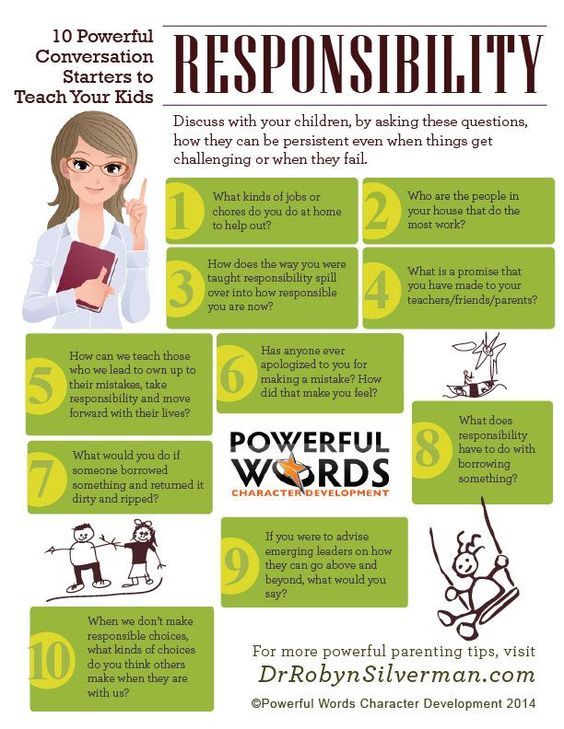 Children and youth enter foster care through no fault of their own. They enter foster care due to abuse, neglect, or abandonment. This type of trauma is sometimes lifelong. Though their mind may not remember the trauma, their body does and will react to protect them in ways that you may not be used to. Don’t compare your adopted child to other children, especially children who have not experienced trauma. You’d be comparing apples to oranges. What works for “normal” kids will not work for these kids. Get trained on trauma! Get prepared on what to expect and who to connect to these kiddos. A different perspective can go a long way and prevent a disruption at your next adoptive placement.
Children and youth enter foster care through no fault of their own. They enter foster care due to abuse, neglect, or abandonment. This type of trauma is sometimes lifelong. Though their mind may not remember the trauma, their body does and will react to protect them in ways that you may not be used to. Don’t compare your adopted child to other children, especially children who have not experienced trauma. You’d be comparing apples to oranges. What works for “normal” kids will not work for these kids. Get trained on trauma! Get prepared on what to expect and who to connect to these kiddos. A different perspective can go a long way and prevent a disruption at your next adoptive placement.
– Get support. Lastly, build a support network around you! I’m not referring to the professional team, like social workers and attorneys. I’m referring to a natural support system of people like family, friends, neighbors, church members, and other experienced foster/adopt parents who will wrap around you to meet you where you are.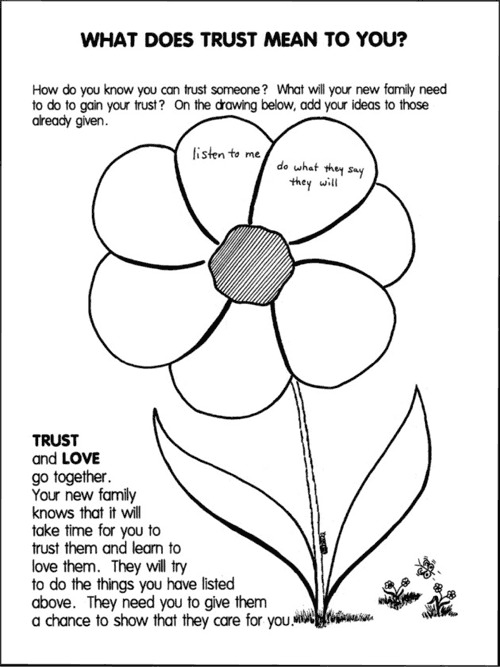 Choose people who will support you emotionally when you feel like giving up; who will be there with a meal or a pack of diapers, when needed; or who will be there with you in an emergency or at court dates; or who will provide respite when you just a break. Don’t be a Lone Ranger! Every successful person needs someone in their corner to cheer them on! Get support!
Choose people who will support you emotionally when you feel like giving up; who will be there with a meal or a pack of diapers, when needed; or who will be there with you in an emergency or at court dates; or who will provide respite when you just a break. Don’t be a Lone Ranger! Every successful person needs someone in their corner to cheer them on! Get support!
The term “forever family” is used to indicate adoptive families. But sadly, there are some children who, for whatever reason, don’t always succeed in a family setting. Rather than look where to place blame, look to the needs of that child. Adoption is not just a neat way to build a family. It is a unique way to place a child in stability and consistency where he has never known that before. It takes courage. Support that child, regardless of what you choose to do.
Derek Williams is an adoption social worker and has been in the field of child welfare and behavioral health since 2006, where he has assisted families in their adoption journey.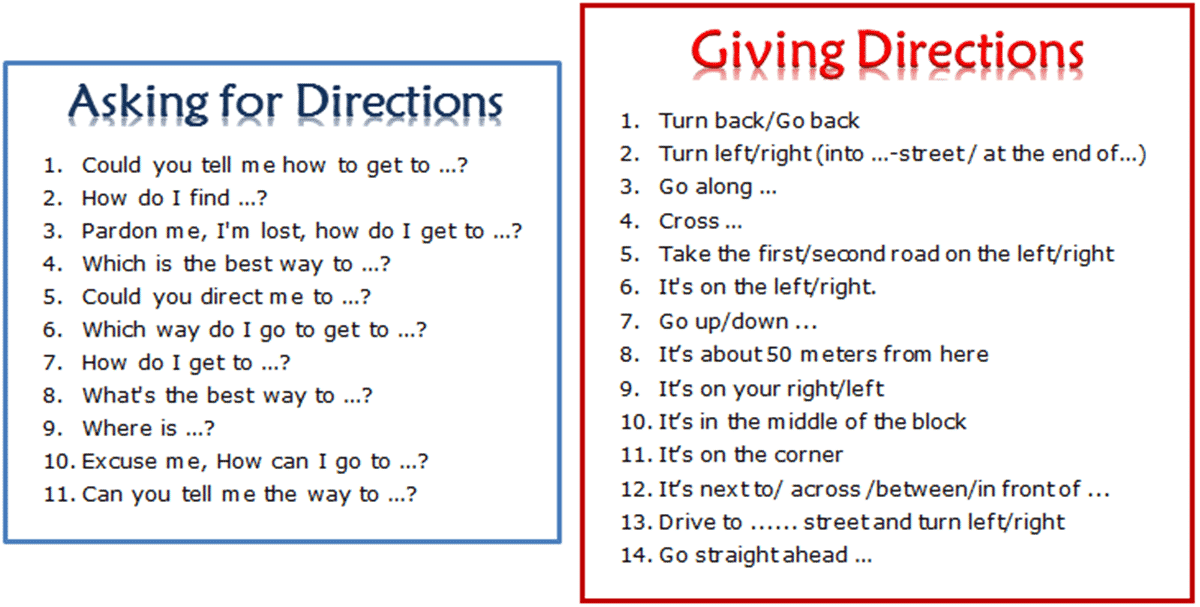 He and his wife started their adoption journey in 1993 and have eight children, six of whom are adopted. His adopted children are all different ethnicities including East Indian, Jamaican and Native American. He loves traveling with his family, especially to the East Coast and to the West Coast and is an avid NY Mets fan! Foster care and adoption are his passions and callings for Derek, and he is pleased to share his experiences with others who are like-minded.
He and his wife started their adoption journey in 1993 and have eight children, six of whom are adopted. His adopted children are all different ethnicities including East Indian, Jamaican and Native American. He loves traveling with his family, especially to the East Coast and to the West Coast and is an avid NY Mets fan! Foster care and adoption are his passions and callings for Derek, and he is pleased to share his experiences with others who are like-minded.
7 Ways You Can Help a Child in Foster Care without Being a Foster Parent
It’s a life-changing decision to become a foster parent, providing a safe place and 24/7 support for children who have experienced abuse, neglect or other family challenges. It takes an enormous amount of patience and commitment, and not everyone is called to be a foster parent. Fostering is just one of many ways to help children in crisis, so here are seven other ways you can help a child in foster care:
1.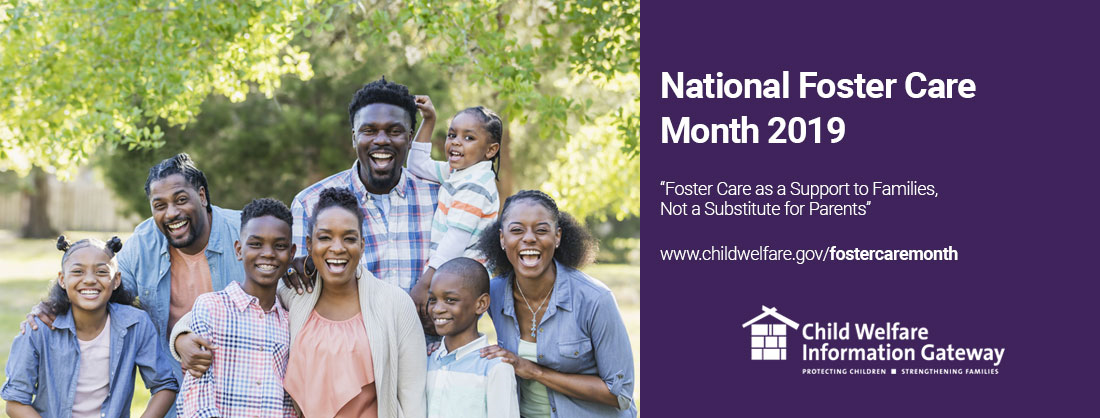 Mentor a Teen
Mentor a Teen Children in foster care have likely experienced abuse, neglect, or some type of family trauma. Once they age out of the foster care system, these youth are also at a higher risk for homelessness, lack of education, unemployment, lack of access to healthcare, problems with law enforcement, and a myriad of behavioral and social issues. Each year, as many as 20,000 youth age out of foster care without a permanent family or home. Only 4% attend college and some end up in jail. You can help change these statistics by supporting and encouraging a young adult as they age out of foster care.
According to the MENTOR National, a nationwide initiative to increase mentoring of young people, young people with mentors are:
- 55% less likely than their peers to skip school
- 46% less likely than their peers to start using illegal drugs
- 27% less likely to start drinking
- 81% more likely to participate in extracurricular activities or sports
- 130% more likely to hold leadership positions
Mentors can provide needed support to teenage youth and help them learn daily living and vocational skills, budgeting, goal setting, time management, problem-solving and organizational skills.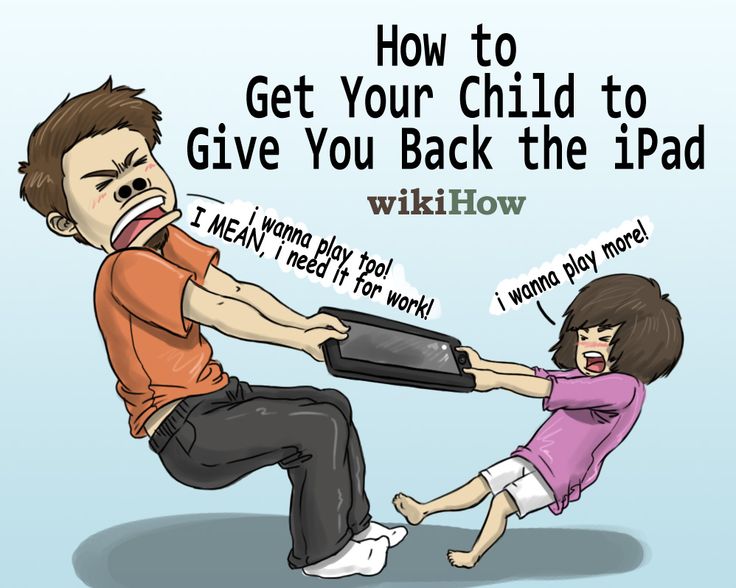 Most importantly, mentors give young people in the foster care system a caring adult they can look up to and share their problems with.
Most importantly, mentors give young people in the foster care system a caring adult they can look up to and share their problems with.
Instead of taking a child into your home full-time, respite care providers give foster parents a short-term break, often for one night or a weekend. It’s an opportunity for you to do something similar to foster parenting for a short period of time and it’s a great way to see if foster parenting is right for you. Respite care providers bolster the foster care system by:
- Allowing foster parents a break, helping them to re-energize and avoid burnout
- Increasing likelihood for undisrupted placements
- Decreasing chances for neglect or abuse
- Helping children build good relationships with other caring adults and families
Respite care gives foster parents temporary relief from caregiving, allowing them to recharge and spend time with their families. Providing respite care requires training and licensing. Learn more by contacting an agency near you and start your journey to providing respite care today.
Learn more by contacting an agency near you and start your journey to providing respite care today.
Once a child is referred to KVC, we begin immediately working to match them with a loving foster family. KVC provides welcome boxes for children to take to this new foster home and occupy their time while waiting for placement. Imagine the anxiety a child feels after being removed from his or her home and moving somewhere new. Some children enter foster care with few or no belongings, so welcome boxes can contain a variety of items:
- Cozy blanket
- Pajamas
- Socks
- Underwear
- Personal hygiene items
- Toys or stuffed animals
- Coloring or activity books
If you are in one of the states where we provide foster care, contact our teams directly: Kansas, Nebraska, Kentucky or West Virginia. If you are in another state, please contact your nearest state child welfare agency office.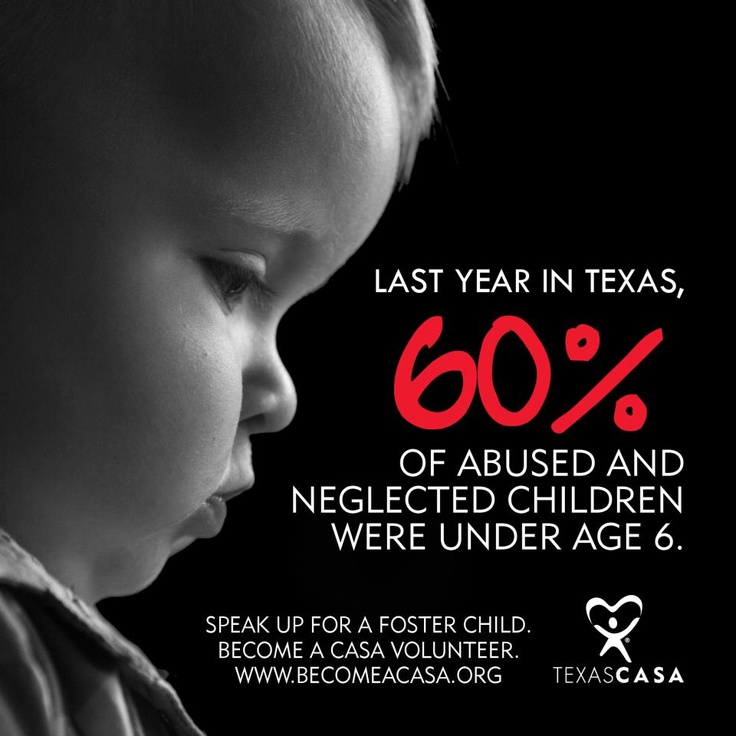 You might find this AdoptUSKids state directory helpful.
You might find this AdoptUSKids state directory helpful.
If you’re not called to be a foster parent, but you still want to use your personal resources to help a child in foster care, attending or sponsoring our events are great options. Events provide not only the opportunity to give directly to the programs and services offered at KVC, they also give you a chance to get to know others in your community who have a heart for helping children and families in crisis. Sponsorship opportunities are also available and are a great way to advertise your business while supporting a local cause.
KVC Health Systems typically holds three signature events throughout the year:
- KVC Kids Classic Golf Tournament Kansas City
- Hero Luncheon
- The Gala
Funds raised through these events support our work strengthening families, preventing child abuse and neglect, and helping people experience mental health wellness.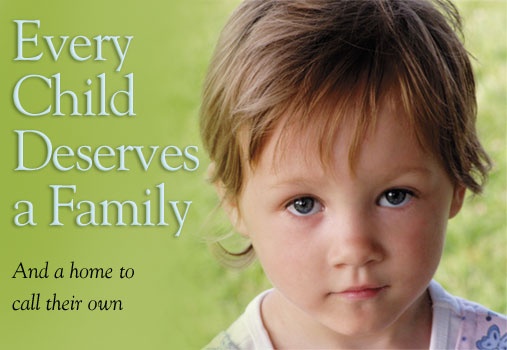 Our golf tournament in Nebraska helps to fund our KVC Nebraska Resource Family Conference (RFC), which provides the opportunity for foster families and families caring for people with disabilities through our Shared Living program to receive a weekend of inspiration and training.
Our golf tournament in Nebraska helps to fund our KVC Nebraska Resource Family Conference (RFC), which provides the opportunity for foster families and families caring for people with disabilities through our Shared Living program to receive a weekend of inspiration and training.
Our local teams across the U.S. host other events throughout the year like 5K races, charity motorcycle rides, holiday parties, summer picnics and more. Visit our events page to keep up with our latest plans.
5. Donate SuppliesMany children in foster care have very few belongings. In addition to our welcome boxes, we gather clothing, personal hygiene items, toys, school supplies, and other items that children and teens might otherwise not have.
One specific donation that can greatly impact a child is the donation of a suitcase, duffel bag or backpack. While many of these kids do not have many belongings to begin with, no child should have to pack up all of their things into a trash bag.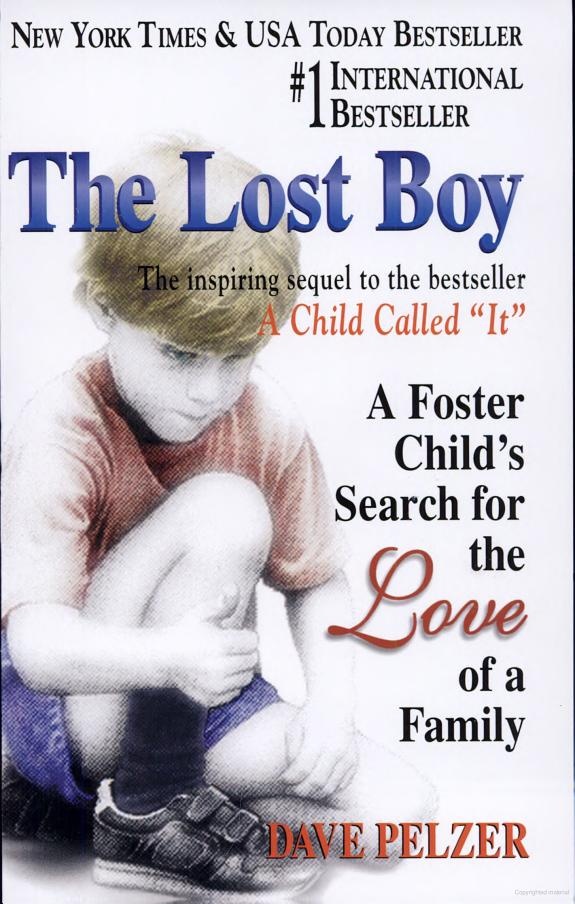 As they move to a new home or move to a different location, having a bag of their own gives them a more dignified way to transport anything they own.
As they move to a new home or move to a different location, having a bag of their own gives them a more dignified way to transport anything they own.
At KVC, our big collection drives are in the fall and the winter, when we hold our Back-To-School Supply Drive and Holiday Heroes program. If you would like to participate, contact your nearest KVC office in Kansas, Missouri, Nebraska, Kentucky or West Virginia to learn more.
6. Raise Funds or Make a DonationFor over 50 years, KVC has provided heart-centered service to children and families in crisis. We serve every family that comes to us. As such, we are always fundraising and accepting monetary donations in order to best serve these families. At KVC, we envision a world in which every child is safe and connected to a strong family and a healthy community. You can help make that vision a reality and support youth in foster care by raising money or making a donation. Below are a few ways you can do this…but the options are endless!
Peer-to-Peer Fundraising on FacebookThe next time you celebrate a personal milestone like a birthday, why not raise funds to support children in foster care in lieu of receiving gifts? The fundraising tools on Facebook are so simple and straightforward – you’ll be raising funds with just a few clicks. Find the step-by-step instructions here. When asked to select your nonprofit, simply select KVC Health Systems. Facebook will automatically send the funds raised to KVC.
Find the step-by-step instructions here. When asked to select your nonprofit, simply select KVC Health Systems. Facebook will automatically send the funds raised to KVC.
If you like to shop on Amazon, you can raise funds with every purchase you make through Amazon Smile. Visit smile.amazon.com to sign up. Simply log in with your Amazon credentials and select KVC Behavioral HealthCare Inc. as your charity of choice. Amazon will automatically donate a small portion of the proceeds every time you make a purchase. Share this with your friends and family so they can effortlessly support children in foster care as well.
Become a Monthly DonorEvery day, across the United States, there are over 400,000 children involved in foster care. Every day these children require love, support and an opportunity to overcome obstacles and heal from trauma. You can support this healing by becoming an Everyday Hero.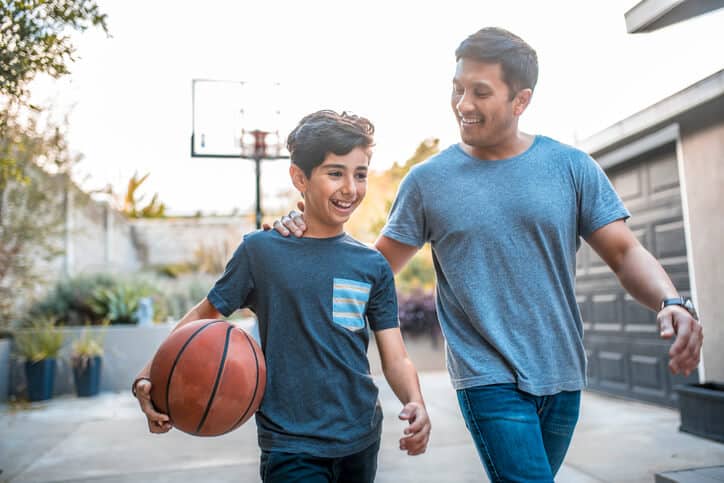 Our Everyday Heroes program is a monthly giving program for supporters who would like to consistently support the needs of our foster families—needs which can range from medical expenses to education to everyday needs such as a soccer uniform, a clarinet or a prom dress. You can learn more and sign up here
Our Everyday Heroes program is a monthly giving program for supporters who would like to consistently support the needs of our foster families—needs which can range from medical expenses to education to everyday needs such as a soccer uniform, a clarinet or a prom dress. You can learn more and sign up here
If you’re looking for a way to make an immediate impact, make a donation to KVC today by visiting our secure donation page here. You can provide any amount you wish…and every dollar makes a difference to youth currently experiencing foster care.
7. Educate and AdvocateA great way to help a child in foster care is to learn more about the foster care process and to keep informed on challenges vulnerable families are facing in your community. Educating yourself and sharing with those in your circle spreads awareness and helps create a ripple effect of support for everyone affected. You can follow us on social media or subscribe to our blog to find educational information, along with inspiring stories of families and children who overcome immense challenges and go on to thrive.
Join us on Facebook:
- KVC Health Systems
Or our other social platforms:
- @KVCkids on Twitter
- KVC Health Systems on LinkedIn
- @KVCkids on Instagram
- @KVCkids on YouTube
Subscribe to our blog:
- KVC Health Systems blog
This list of ways you can offer your time and resources to children and families in need is not exhaustive. If you have it on your heart to serve, contact your nearest KVC office in Kansas, Missouri, Nebraska, Kentucky or West Virginia to learn more about helping children and families in crisis.
Posted in Child Welfare, Foster Care & Adoption, How to Help | Tags: charity golf tournament, donate, events, everyday hero, foster care, foster families, foster youth, fundraise, fundraiser, fundraising, fundraising events, Gala, get involved, give back, golf tournament, Hero Luncheon, holiday donations, Holiday Hero, mentor, nonprofit, respite care, social media, sponsor, sponsors, sponsorship, volunteer, Welcome Boxes
Twice thrown.
 Who is returned to the orphanage and why?
Who is returned to the orphanage and why? - Kindred guardianship falls on people, relatively speaking, without their free choice, without their thoughtful reasoning and reflection. Something happened in the family, and you have to take a relative child. Often the host family itself is very traumatized: suddenly something happened to the parents of this child, and you need to deal with it. It turns out that the resource for the child himself is not enough.
Very often, grandmothers take care of their grandchildren, who, it turns out, have lost their child (the father or mother of their grandson) themselves: due to illness, due to an accident, due to alcoholism, due to mental illness.
When a child reaches adolescence, they simply can't cope. Unresolved conflicts pile up. There is practically no help for relatives-guardians, no escort.
Such a form of family arrangement as guardianship, in general, traditionally does not fall into the field of attention of those who are responsible for accompanying the family.
It is believed that it is good that the child remained in the family, and if so, then the relatives will definitely cope on their own. But not everything always works out that way. Because, I repeat, the families themselves are traumatized, because it is not because of a good life that they have taken care of their relatives.
Sometimes it turns out that all services are focused on accommodating a child to them, and no one cares about their psychological state, no one even asks these grandparents: “How did you survive the tragedy, what happened to your son or your daughter?"
- What about other forms of family arrangements?
– There are fewer returns here. They are especially minimal for adoption.
Why do returns still occur? The reasons for this are different. In general, people do not cope with the situation. In fact, no one takes a child from an institution in order to bring it back one day. Later, people realize that they cannot cope, there are not enough resources.
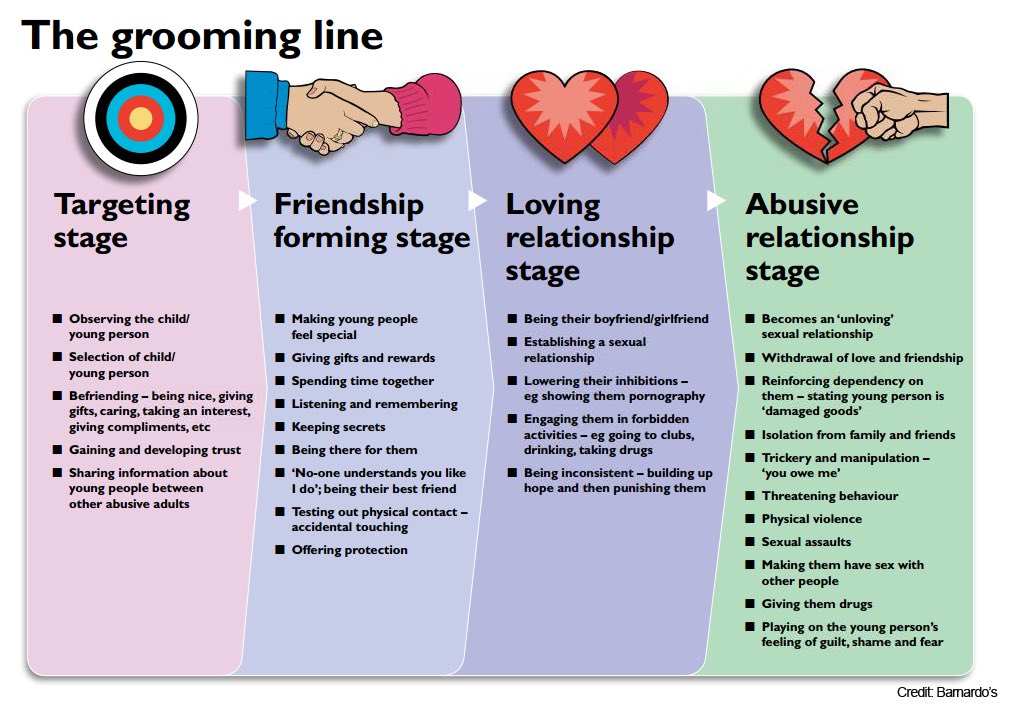
It happens that some difficult, hard to endure events occur in the family, from which no one is insured. For example, they took a child into a complete family with a normal income level. Then one of the relatives fell ill, died, the spouses got divorced, or something else happened - and that's it, there are not enough resources.
- Why is it among adoptive parents that the minimum percentage of returns?
- After all, when people choose such a form of family arrangement as adoption, it means that they already have a high percentage of determination from the very beginning. Because in a sense there is a preliminary selection. After all, you can not adopt through the court, but it’s easier to do it - just take the child under guardianship, for example. Therefore, those who persistently adopt are determined.
Another thing is that usually small children are adopted. And, accordingly, when children are in the family from a very young age, then some insurmountable difficulties arise less often.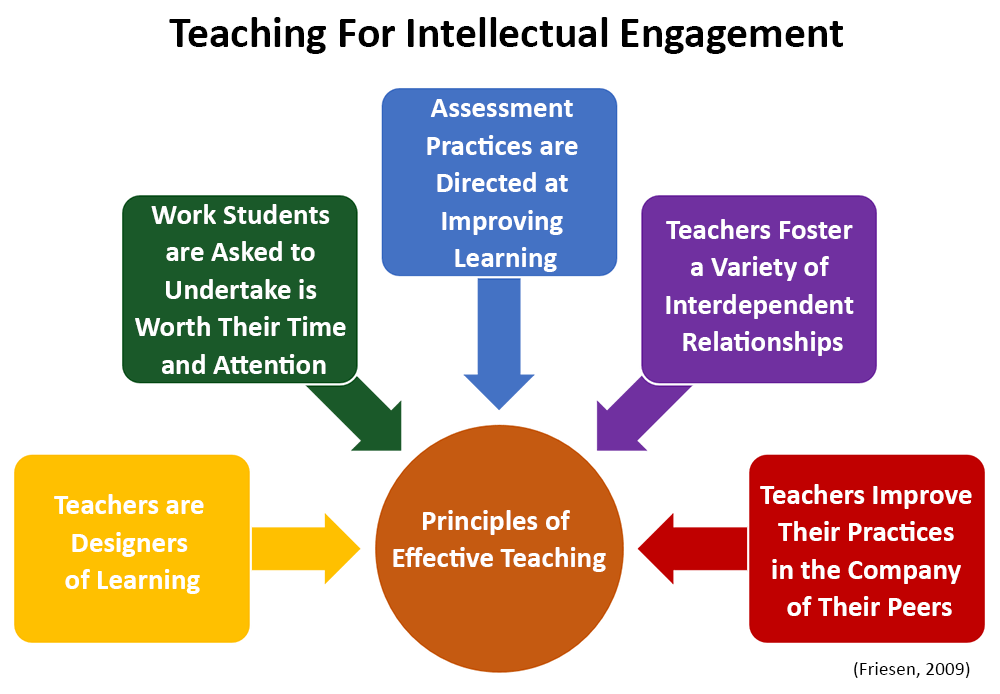
Teenagers are also taken to a foster family, with them problems can begin that are not easy to overcome.
– Is it possible to somehow protect yourself and your child from being returned?
- 100% guaranteed, you can never protect anyone from anything. You can be as prepared as possible. Go to a good foster parent school. Assess as much as possible, calculate the resources of your family, your capabilities.
At the same time, no matter how prepared the adoptive parents are, many people have thoughts of returning. This is normal and usually happens in the first months of the child’s stay in the family, when the parents are not used to the new situation, it’s hard for them, it suddenly seems incomprehensible why they got involved in this story. At the same time, units move from thoughts to action.
So we need to talk not about how to prevent refusals in principle, but about what to do if such thoughts arise in parents. In this case, foster parents should not scold themselves and endure, but seek help, turn to specialists for it.
In this case, foster parents should not scold themselves and endure, but seek help, turn to specialists for it.
– How to understand that parents are still not coping, that the situation is really critical, that it is pointless to fight?
– Unfortunately, you can never tell from the outside. The family itself decides, evaluates the reserve of its own forces. It happens that the family gives up too early, although they could still try. And it happens that nothing can be done, and the family itself needs some kind of help, support, rehabilitation in order to recover from what happened. It may be that the child did not take root and he wanted to leave. It happens that the child needs the help of specialists.
That is, this is a difficult situation for all participants in the process. And it's wrong to be alone with her.
- That is, refusals are not necessarily the initiative of foster parents?
- Of course. The situations are different. It happens that a child is so traumatized along the line of attachment that it is difficult for him to create a new one.
The situations are different. It happens that a child is so traumatized along the line of attachment that it is difficult for him to create a new one.
And it happens that children (I know many examples) who left in such a situation, then maintained relations with those people who tried to become their adoptive parents. It turned out to be easier for them to communicate with these people as with good acquaintances than to perceive them as parents.
That is, you need to look at the features within each situation, which is complex in its own way.
That is why it is so necessary that there are support services so that people seek help in any case.
– Competent accompaniment of families who adopted a child is necessary. But there are not enough specialists, especially if we are not talking about big cities. What about people who live in small towns, settlements, where it is not easy to find a professional in the field of family device support?
- You should still look for some kind of support resource.
It can even be acquaintances who are able to listen, emotionally support. You need to look for online resources where you can ask for advice, complain, ask for support. That is, you still need to look for it, by any means. After all, sometimes it becomes easier if you just speak out, if someone listens to you and says: “Yes, it’s hard for you.” And sometimes that's enough to keep going.
– How to calculate your strength for someone who takes a disabled child into their family? After all, it happens that the disease develops in such a way that foster parents, who have been raising a child in the family for more than a year, are not able to cope at home and send him back to the institution.
- It is impossible to calculate one hundred percent, I have already said that. Everything will develop unpredictably. It is clear that you need to learn everything about a particular disease, ask how it can develop, what are the prospects, weigh the resources of your family.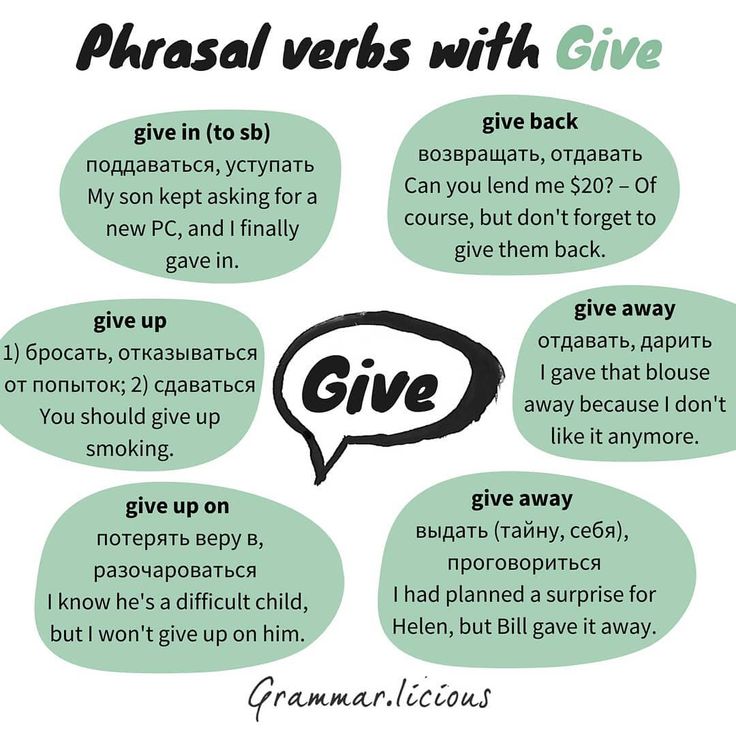 But no one is guaranteed to spread the straw.
But no one is guaranteed to spread the straw.
– What should I do if a diagnosis has surfaced later that the institution did not mention?
- What they do with any diagnosis: go to the doctors, seek help, figure it out. And then - according to the situation. And again, I will say that individual support is needed, including for families with children with disabilities. Because there is no general universal answer, there are individual cases of a particular family that need to be addressed.
- Are there returns in other countries?
- There are returns everywhere and everywhere their number is small - both in the world and in Russia. Of course, it is correct, it is perceived as the norm that if a person took a child, took responsibility for him, then he should not return him because it became difficult, that he did not like the child, that he is disappointed that parenthood turned out to be not so happy, as it seemed.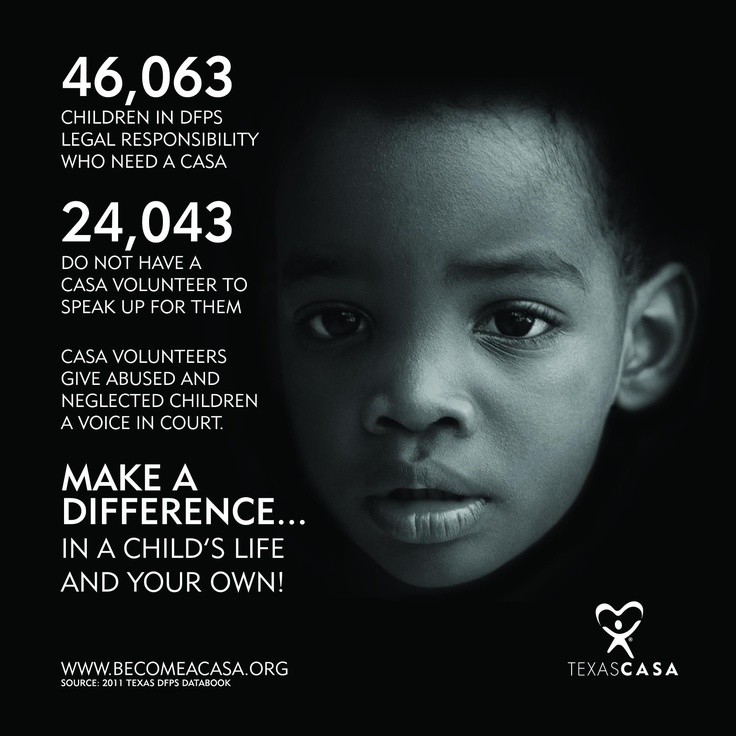 This is all correct, of course. But at the same time, one must understand that it is impossible to bring the number of returns to zero. It will still happen sometime.
This is all correct, of course. But at the same time, one must understand that it is impossible to bring the number of returns to zero. It will still happen sometime.
– If people return a child to an institution, do they no longer have a chance to become foster parents again?
- It happens in different ways. Much here depends on how the process of returning the child to the institution took place, how they parted with him. It is very important to separate the child correctly, so as not to blame him for what happened, not to shift responsibility, to decide whether they are ready to continue to communicate, even if the child will not live with them, or are they not ready? It is important to humanly explain to him everything that happens, without deceiving or blaming.
Theoretically, according to the law, if people failed and returned the child themselves, they cannot become foster parents again. But in reality it is different.
I know quite a few families who, so to speak, managed the second run. But, I must say that for all of them, cases of return were very difficult for them, they tried very hard to avoid them. They did everything possible for the child in order to somehow alleviate the situation so that he would not feel guilty after returning.
But, I must say that for all of them, cases of return were very difficult for them, they tried very hard to avoid them. They did everything possible for the child in order to somehow alleviate the situation so that he would not feel guilty after returning.
This question is fundamentally important to me. Not even the fact itself, whether they returned it or not, but how they behaved in this situation. Because it happens that the children themselves do not take root in the family for various reasons. Can't you force a child?
– Do people often come to you for advice who are afraid that they might abandon their child?
– Of course, I work in crisis counseling. In some cases, people then manage to cope with the situation, in others - no longer. It is important at what stage a person came. If then, when there is strength to do something, then the child stays in the family more often, difficulties are overcome. And someone comes already when they are completely burnt out and are no longer capable of anything.
- Why do you think the media often reports that we have a large number of returns in Russia, that adopted children are returned? After all, this does not correspond to reality?
– Because journalists do not delve into the topic, they cannot figure out that, for example, if a child is adopted from custody, then the cancellation of guardianship is documented. That is, according to the papers - "refusal". There are many such "little things".
Journalists, officials say strange things. Valentina Petrenko, a representative of the Federation Council Committee on Social Policy, said that two-thirds of adopted children are returned to us. Where she got this data is a mystery.
This is due to general incompetence, unwillingness to understand, and a picture is obtained that does not correspond to reality.
Interview with Oksana Golovko
Source: Pravmir.ru
When hands drop. Confessions of foster parents
Few people want to admit their impotence in the face of certain circumstances. Therefore, it is difficult to bring experienced adoptive parents to a heart-to-heart talk. They answer all questions that there were problems, and they coped. But in fact, almost every family admits that there was a critical moment in which they wanted to do the worst thing - to return the child back to a social institution. What situations seemed unsolvable, and how did you manage to overcome the difficulties? The team of the portal "I am a Parent" has collected the most sincere confessions of adults who continue to raise children - children who can no longer be called adopted. They became family.
Therefore, it is difficult to bring experienced adoptive parents to a heart-to-heart talk. They answer all questions that there were problems, and they coped. But in fact, almost every family admits that there was a critical moment in which they wanted to do the worst thing - to return the child back to a social institution. What situations seemed unsolvable, and how did you manage to overcome the difficulties? The team of the portal "I am a Parent" has collected the most sincere confessions of adults who continue to raise children - children who can no longer be called adopted. They became family.
Kristina, 35 years old.
“I really wanted a baby! I convinced that I could cope with the foster, everyone around - my mother, husband and eldest daughter. I just poured out my energy over the edge - I went to shelters, went to courses, not only to the obligatory School of the foster parent, but also to paid classes. It seemed to me that there were no problems that I could not cope with. Because I justified in advance any behavior of a foster child - aggression, theft, cruelty. And then five-year-old Vitya came to live with us permanently. And something happened that I did not expect. This was not my child. I still remembered my feelings towards my daughter. I liked the way she smelled, I liked any tactile contact with her. Vitya was unpleasant to me. He smelled...not right. It was necessary to solve the problem. Somewhere I read about the rule of 8 hugs. It's simple - you need to hug your child eight times a day. Even when you don't want to. You also need to give yourself some rest. I hired a nanny. For a couple of hours, a schoolgirl. These are such pennies! But for those couple of hours, I went to the park, or did a manicure, or met with a girlfriend. And irritability towards Vita, rejection of him - went away. I cannot say that I love him as much as my own daughter. But I worry about him, I rejoice with him. It's been six months since we've been together. And such a result is already good.
Because I justified in advance any behavior of a foster child - aggression, theft, cruelty. And then five-year-old Vitya came to live with us permanently. And something happened that I did not expect. This was not my child. I still remembered my feelings towards my daughter. I liked the way she smelled, I liked any tactile contact with her. Vitya was unpleasant to me. He smelled...not right. It was necessary to solve the problem. Somewhere I read about the rule of 8 hugs. It's simple - you need to hug your child eight times a day. Even when you don't want to. You also need to give yourself some rest. I hired a nanny. For a couple of hours, a schoolgirl. These are such pennies! But for those couple of hours, I went to the park, or did a manicure, or met with a girlfriend. And irritability towards Vita, rejection of him - went away. I cannot say that I love him as much as my own daughter. But I worry about him, I rejoice with him. It's been six months since we've been together. And such a result is already good. Don't rush yourself. The child adapts, but your adaptation may take a little longer than you think.
Don't rush yourself. The child adapts, but your adaptation may take a little longer than you think.
Olga, 30 years old.
“My adopted daughter lied. And we are used to the fact that everything is fair in the family. She lied and I freaked out. She told her husband: “Why did we take her, what should we do with her now? Soon she will start stealing!” I'm a total alarmist. The husband said that if we can’t cope, we need a specialist. They took me to a psychotherapist. Anya didn't like it there! She is generally not very sociable, but here they pulled out of her all the worst and worst. I had to change completely. I learned to perceive the most terrible truth from Anya with a calm face, although I used to get angry and scream. In fact, my husband and I began to scold her only for lying. Everything else was taken lightly. And what do you think helped. I mean, you can not solve the psychological problems of foster children alone. When something hurts your own child, you take him to the doctor, right? So why, when an adopted child has something wrong inside, not do the same?
Ulyana, 28 years old.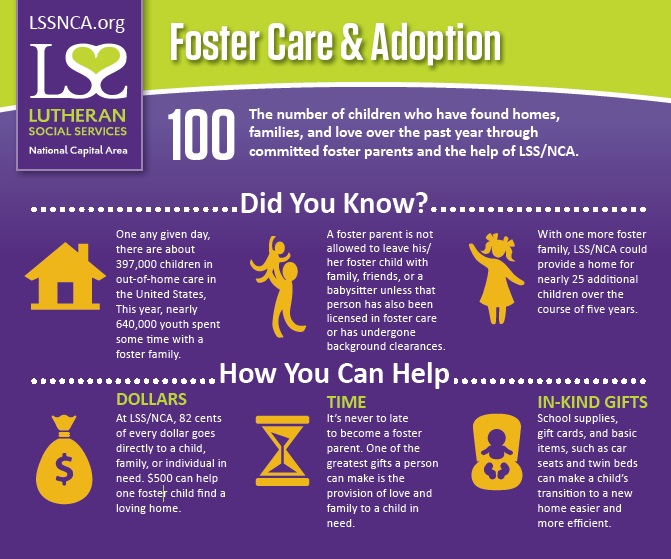
“I decided that Sasha should be given back when he had already lived with us for a year. So, without unnecessary tears, I made such a decision. To be honest, the medical documents issued in the orphanage do not always correspond to reality. Our baby had a disease that made him disabled for life, and me attached to him. Someone had to travel with him to hospitals and undergo rehabilitation. I won’t say that I regretted my career or that my life would change dramatically. Sorry about the other. I have an older son who will soon finish school. And then such financial injections into the health of the younger, adoptive! I just can't pull! That's how I thought and figured out how to disclaim responsibility. I thought I would give it to an orphanage, and I myself would visit him. And in the orphanage itself, and in the hospital, if he will be there most of the time. Such is the deal with conscience. Now I don't understand how I could be so selfish. I came to the institution where I took the child with all these ideas.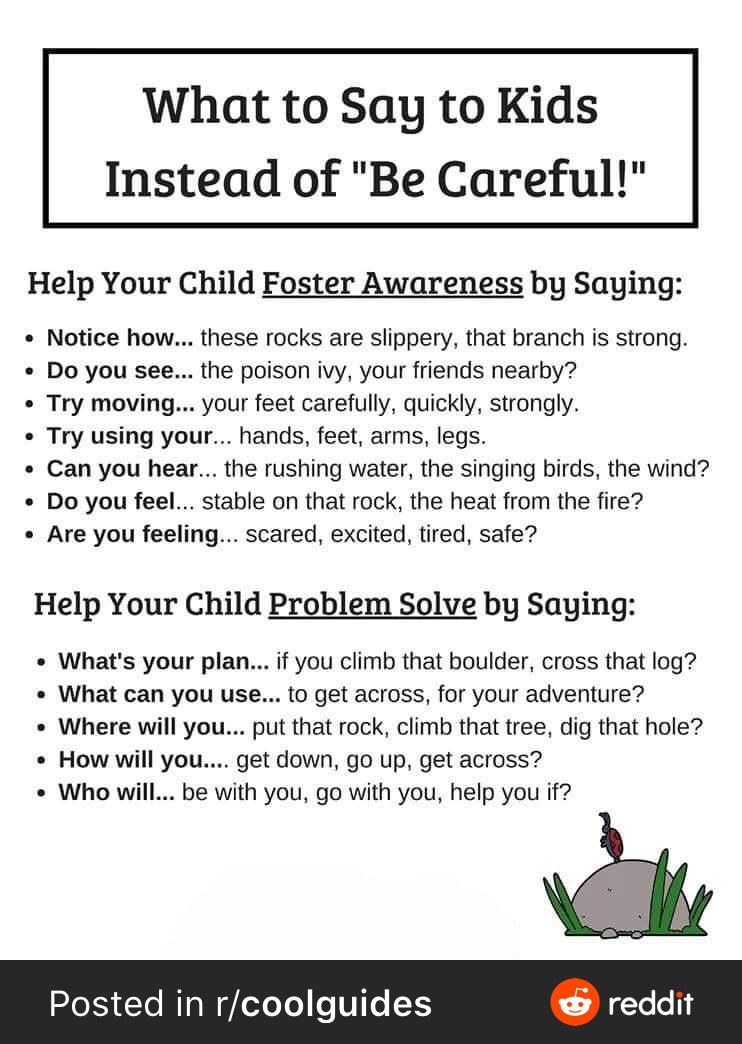 The manager listened and said: "Are you serious? Do you think that you can refuse the child and "sometimes" see him when it suits you? It's impossible. Return the child and we will treat his new injury - the trauma of your betrayal." I didn't even think about betraying him. They poured water on me like a bucket. I realized that I treated the child like a kitten. I was so disgusted with myself! Now we have entered into an experimental program - I do not pay money for treatment, my son is 8 years old, my mother is most often with him in the hospital. But he rarely lies there. Chronicles are sent home. A person is not given more than he can handle. I survived. I have two beloved sons. And when the doctor says that the youngest has entered a period of remission, I am happy.”
The manager listened and said: "Are you serious? Do you think that you can refuse the child and "sometimes" see him when it suits you? It's impossible. Return the child and we will treat his new injury - the trauma of your betrayal." I didn't even think about betraying him. They poured water on me like a bucket. I realized that I treated the child like a kitten. I was so disgusted with myself! Now we have entered into an experimental program - I do not pay money for treatment, my son is 8 years old, my mother is most often with him in the hospital. But he rarely lies there. Chronicles are sent home. A person is not given more than he can handle. I survived. I have two beloved sons. And when the doctor says that the youngest has entered a period of remission, I am happy.”
Albina, 40 years old.
“I am for a big family. I have three children of my own - 20, 18 and 15 years old. And so we decided to take Mashunya. She is five years old. We met at an open day at an orphanage.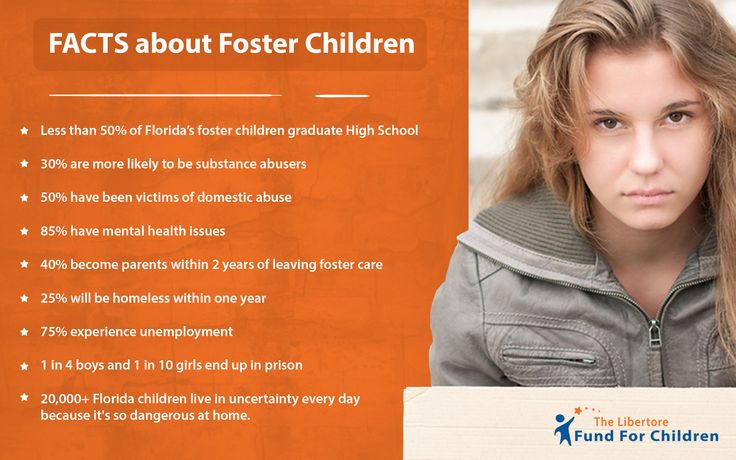 I came there to make decorations on the stage. Have taken. The machine came and began to destroy our family. She constantly screamed, turned up her nose at any food, lied, tore notebooks from her youngest son. I was the initiator to take her, and my husband began to look at me like a wolf. He came home from work and could neither sleep nor eat. The car either screamed endlessly, or tried to surreptitiously hit him, distract him, interfere. My life has become a nightmare. Not because I didn't love Masha. No, she loved, with all the flaws, like her own. Because there was no peace in the house anymore. It seemed to me that everything is bad and it will not get better. And in all this whirlwind, I found time to get out to the store and buy books - Petranovskaya, Gippenreiter ... I began to read. I liked the advice - write down all the joyful events associated with Mashunya in a notebook. It turned out that they are. Invented activities for the children. With the youngest, with Peter, Masha washed the dishes.
I came there to make decorations on the stage. Have taken. The machine came and began to destroy our family. She constantly screamed, turned up her nose at any food, lied, tore notebooks from her youngest son. I was the initiator to take her, and my husband began to look at me like a wolf. He came home from work and could neither sleep nor eat. The car either screamed endlessly, or tried to surreptitiously hit him, distract him, interfere. My life has become a nightmare. Not because I didn't love Masha. No, she loved, with all the flaws, like her own. Because there was no peace in the house anymore. It seemed to me that everything is bad and it will not get better. And in all this whirlwind, I found time to get out to the store and buy books - Petranovskaya, Gippenreiter ... I began to read. I liked the advice - write down all the joyful events associated with Mashunya in a notebook. It turned out that they are. Invented activities for the children. With the youngest, with Peter, Masha washed the dishes.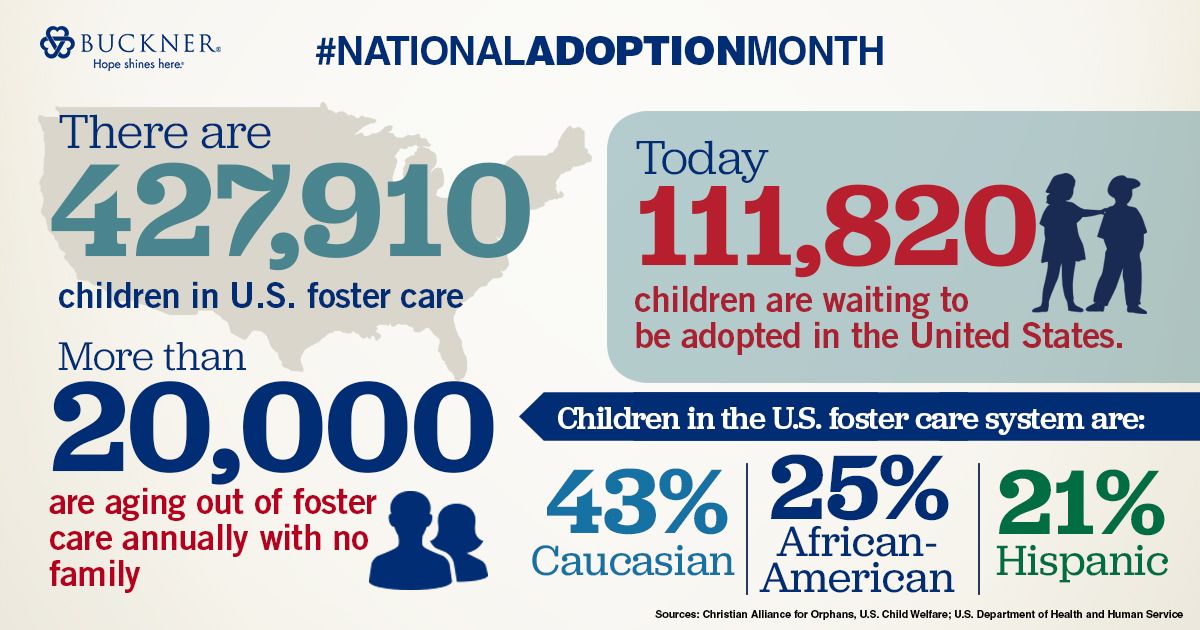 If you don’t wash it, they don’t read a fairy tale at night. She began to accustom her to her father. I realized that she beats him because she lacks his attention, contact with him. It's funny ... They came up with a game: "Give dad a tattoo." Masha loves to draw. I drew in his hands. Get used to touching it. It's easier now. If you don’t sit and suffer, but do something, everything will be fixed” .
If you don’t wash it, they don’t read a fairy tale at night. She began to accustom her to her father. I realized that she beats him because she lacks his attention, contact with him. It's funny ... They came up with a game: "Give dad a tattoo." Masha loves to draw. I drew in his hands. Get used to touching it. It's easier now. If you don’t sit and suffer, but do something, everything will be fixed” .
To return a child to an orphanage... It turns out that many parents raising their adopted son or daughter think about taking such a step. The blame for everything is emotional burnout, it is because of it that hands are thrown down and it begins to seem that the child will forever remain a stranger. It seems that this is a dead end, from which there is only one way out - the way back. How to avoid emotional burnout and love an adopted child so much that he becomes truly family?
Elena Kononova
Ekaterina Safonova , psychologist of the portal "I am a Parent":
Adopting a foster child is a difficult and very responsible decision. Kids from orphanages are always psychologically traumatized, because of this they have many problems in communication and behavior - often such children do not accept love. Therefore, the most common problem that adoptive parents face is emotional burnout caused by a mismatch between expectations and reality. It begins to seem to parents that the baby does not appreciate all their efforts, that he does not respect their work, that they took an ungrateful child into their family, as a result, adults become more irritable, and then they begin to give up. What thought is increasingly beginning to appear in the mind of disappointed parents? Yes, send the child back to the orphanage. Of course, such a decision will be very traumatic for both the baby and the adult, because both parties will feel guilty about what happened. How to avoid emotional burnout? Firstly, do not expect that the child dreamed of getting into your family as soon as possible and your warmth will instantly warm him up. This is not true: adopted children are very distrustful, they will resist your care, thus protecting themselves from the fear of again facing loss or betrayal.
Kids from orphanages are always psychologically traumatized, because of this they have many problems in communication and behavior - often such children do not accept love. Therefore, the most common problem that adoptive parents face is emotional burnout caused by a mismatch between expectations and reality. It begins to seem to parents that the baby does not appreciate all their efforts, that he does not respect their work, that they took an ungrateful child into their family, as a result, adults become more irritable, and then they begin to give up. What thought is increasingly beginning to appear in the mind of disappointed parents? Yes, send the child back to the orphanage. Of course, such a decision will be very traumatic for both the baby and the adult, because both parties will feel guilty about what happened. How to avoid emotional burnout? Firstly, do not expect that the child dreamed of getting into your family as soon as possible and your warmth will instantly warm him up. This is not true: adopted children are very distrustful, they will resist your care, thus protecting themselves from the fear of again facing loss or betrayal.
